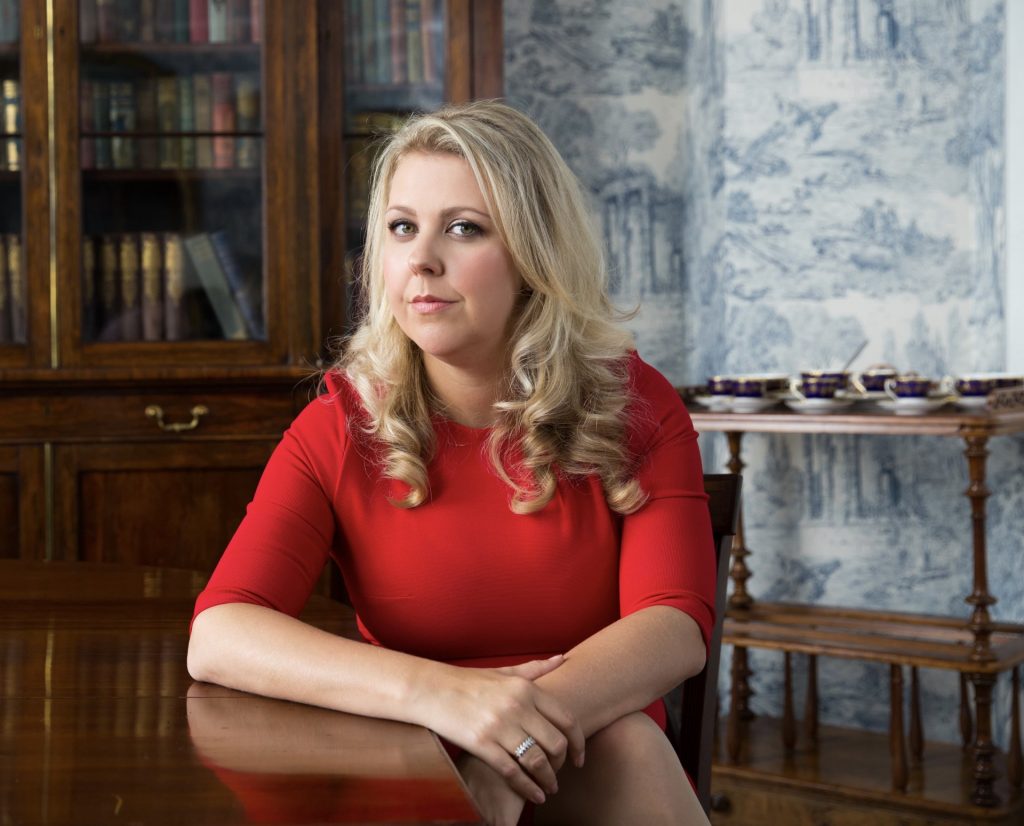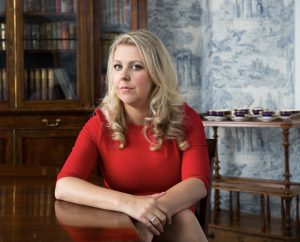
Emma Gill, a mother from Salford, has spoken out on the way society should view autism following a report from the Institute of Health Equity.
The report shows that shorter life expectancy affects more people with learning disabilities than previously thought.
It is estimated that 40% of people in the UK with learning disabilities were not diagnosed in childhood and may affect life expectancy by up to two decades. A mother from Salford has spoken on the heart break finding out this information and explained that more needs to be done to support those with learning difficulties.

Emma Gill, a family lawyer and mother of three year old Sophie described finding out her daughter has a learning disability. Emma described the moment she suspected her daughter had autism.
“At about 20 months my husband and I joked that the terrible twos came early. It was actually the first signs that Sophie was autistic.
“A year later, a health visitor, who had never met us as a family before, saw Sophie at home with my husband. I spoke with her on the phone. I asked if we were talking about autism. She said yes.
“What came next was another year of appointment after appointment, each professional doing their little bit but not giving us any indication of what might come next, what a diagnosis could mean and when we might expect a diagnosis to be made.”
Emma also manages Manchester company Vardags. Now she wants to open the discussion on why society needs to be educated on the struggles that those with learning difficulties face. Emma explained how she found out daughter Sophie had autism and what was next for the family.
“Sophie’s biggest challenge was her speech. She was assessed in a tiny room after a ridiculously long wait where she was in tears, trying to drag me out of building. It was 10 months later before any therapeutic work started.
“Trying to navigate the myriad of disjointed but linked organisations with no one person being a central point of contact is baffling. I am a divorce lawyer. My clients seek me out because I will give them a path to follow. A strategy, guiding them from a desperate situation to a future with hope. That’s what I expected. It wasn’t what we received.
“Thankfully, I had forged ahead and after seeing several other therapists who either did not understand that Sophie may be autistic or would not consider visiting her at nursery, we found one that did and she had worked wonders.
She also started working with my daughter 7 months before the NHS could offer any support and when they did, it was limited to 6 sessions.”
Emma also described her concern at how society views autism and those that struggle with learning difficulties. Even explaining that people with learning difficulties should not be discriminated and not be another number on statistics.
“Children categorised as difficult rather than disabled. Those who have literacy issues or for whom English isn’t their first language. The answer is simple, they are the children who grow up to be the statistics in the report.
“Investment is the answer but at a time when families are fighting local authorities through the high court about budget cuts to special needs funding, it simply isn’t a priority for the government or local authorities. But it should be.
“Early investment will pay dividends when those with learning disabilities can enrich the wider community by sharing their skills and talents, becoming independent and not needed the overstretched band aids of emergency intervention in adulthood.”















One Comment